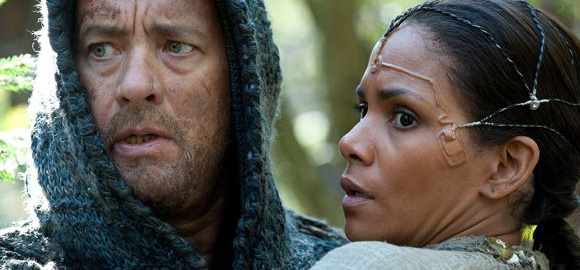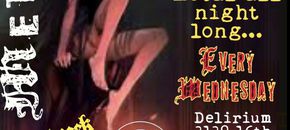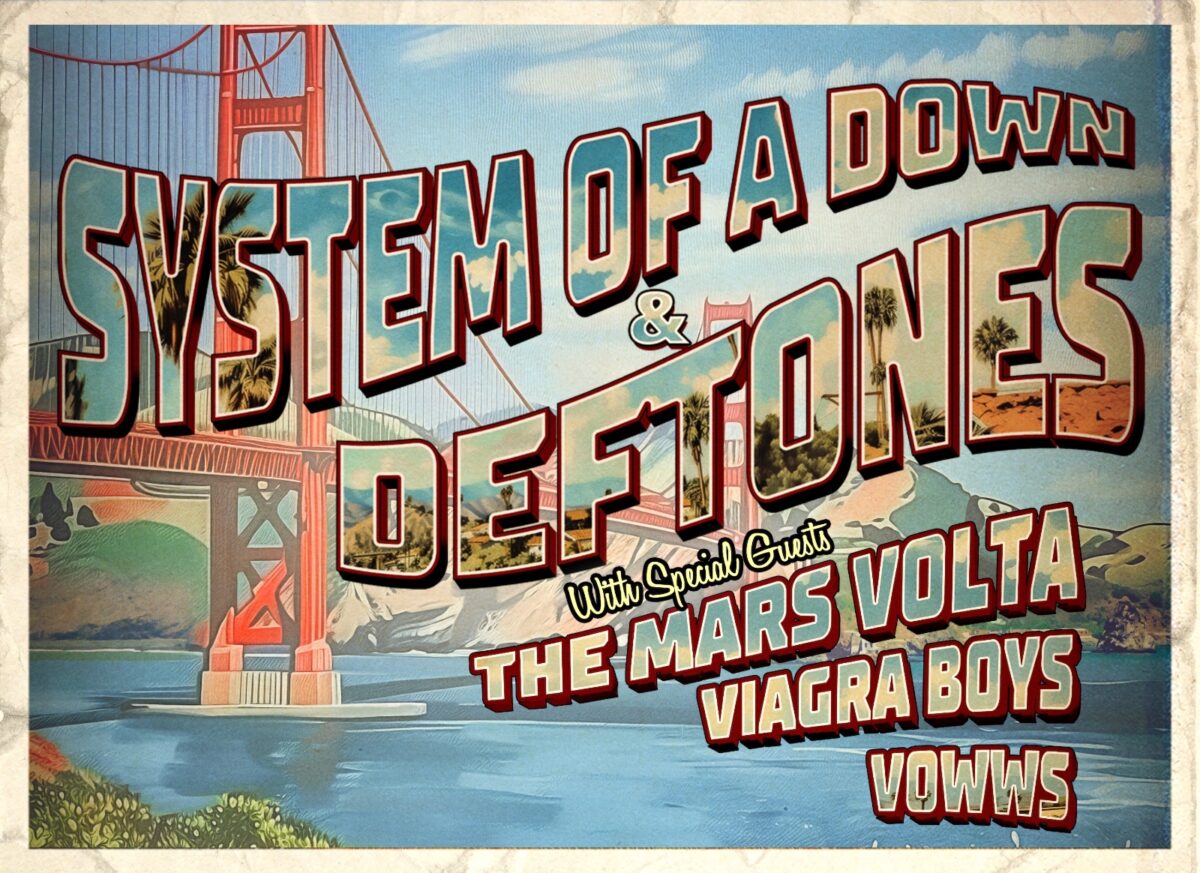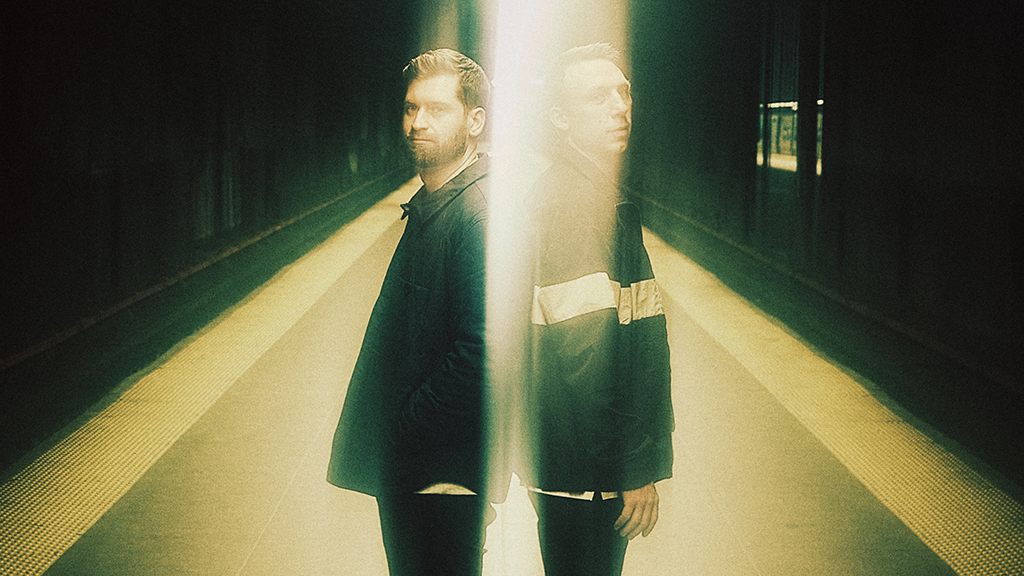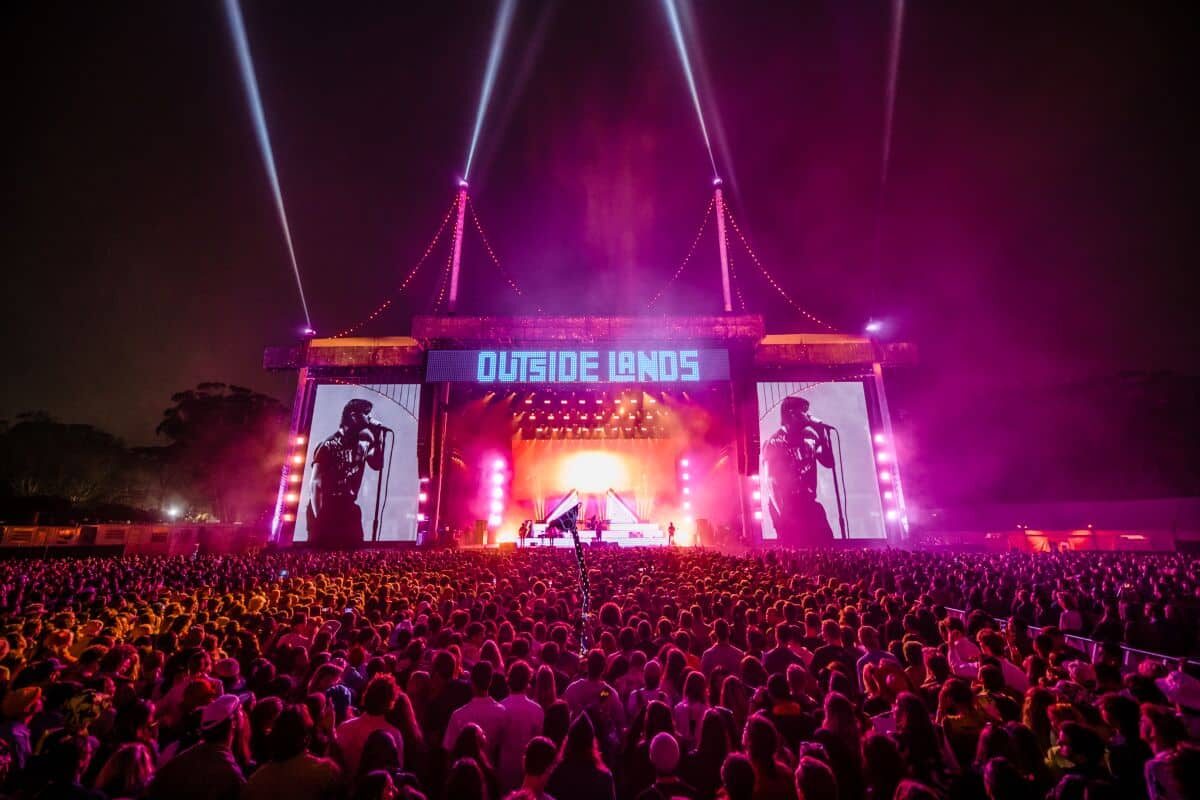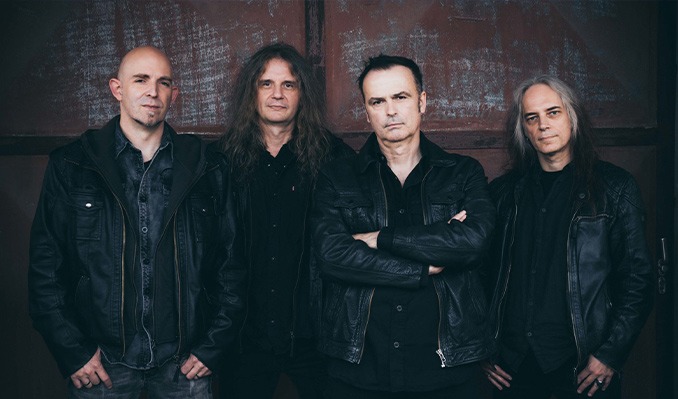Movie Review: Cloud Atlas
Cloud Atlas is about humanity’s triumphs, failures and everything inbetween. An epic in every sense of the word, it’s a film that crosses worlds and generations but fails to really connect on a personal level.
So what is Cloud Atlas actually about? That’s a good question. The movie features a sprawling cast that includes Tom Hanks, Halle Berry, Jim Sturges, Jim Broadbent, Hugh Grant, Hugo Weaving, Ben Winshaw and Susan Sarandon, among many others, who all play multiple characters across six intertwined story lines.
In one sense they are all connected through the actors playing them and how each of their characters seem to have something in common with the others they portray. Many times, the actors aren’t even playing the same sex and race. For instance, Jim Sturges plays a Korean in the story of the future city Neo Seoul, which chronicles his character’s liberation of a clone, Sonmi-451 (Doona Bae) and is the ultimate, if sometimes cliched, tale of what it really means to be human.
In other stories Halle Berry plays an Asian man, Hugo Weaving is a female nurse and Hugh Grant is a cannibalistic tribesman. However, it’s also hard to connect all of these stories into one big payoff. By having the same actors across the stories helps unify the film as a whole but it’s objective is so large and sprawling it’s hard to take it all in.
Whereas sprawling films like Magnolia and Robert Altman’s Shortcuts connect multiple story lines through reoccurring or related characters, Cloud Atlas instead is about each story containing a seed that is sown in another. It’s not trying to tell how these characters intersect, but about how even though all these stories are from centuries apart—one set in 1800s and another set in the far distant future—the same themes keep cropping up.
As Halle Berry’s posits in a 1973 story about an underground journalist trying to uncover a large oil company cover up, “Why do we keep making the same mistakes?” is essentially the crux of the film. But it’s not just mistakes that are recreated again and again, it’s also the triumphs and the uncertainties and basically everything that happens in life. It’s exactly this sentiment of encompassing everything in humanity that makes it at once enthralling, unlike any film ever made, but also impenetrable and, in some sense, unknowable.
While a film like Paul Thomas Anderson’s Magnolia seems to unravel with every viewing as connections that were initially missed become clear and unfold, repeat viewings may not pull Cloud Atlas into better focus. It’s sheer ambition is almost unparalleled in film, but that doesn’t necessarily mean it’s a true success of the medium. Each story appears to be a twisted retelling of another and motifs, even physical objects like a birthmark on multiple characters, are carried through to show the similarities and differences that humanity carries with it through time. And really, that’s the entire point of the film. Even as humanity evolves in many external ways –primarily technology– what makes a person human will never change.
Unlike any film so far this year, including masterpiece The Master, it’s a film that truly needs to be seen to believe. However, whereas The Master is in some ways a similar, but much smaller and more depressing, view of the realities of humanity, it hits home on a very personal level. Sprawled across nearly 500 years and characters that appear as reincarnations throughout the six stories, Cloud Atlas so big it never really hits on a personal level. It may connect on an emotional level for many viewers, but that’s not the same as being personally invested with the characters and the stories. At the very least, this is a film that is a must see and will only age well, or bitterly, as time passes.
Rating: 3.5/5
